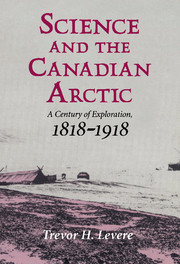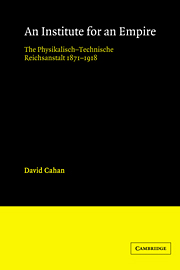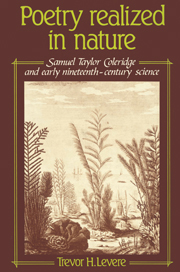Science and the Canadian Arctic
This is a study of the nature and role of science in the exploration of the Canadian Arctic. It covers the century that began with the British Royal Naval expeditions of 1818 and ended with the Canadian Arctic Expedition of 1913–18. Professor Levere focuses on the imperialistic dimensions and nationalistic aspirations that informed arctic science, and situates its rise in the context of economic and military history of nineteenth- and early twentieth-century Europe and North America. Accessibly written and prodigiously researched, Science and the Canadian Arctic is of interest to an audience of historians, environmental scientists and anyone interested in the Arctic.
Reviews & endorsements
' … this extensively researched book is both a readable and recommended addition to the bookshelf'. The Geographical Journal
'Levere will edify you and engage you.' Gregory A. Good, Science
Product details
May 1993Hardback
9780521419338
456 pages
229 × 152 × 29 mm
0.84kg
40 b/w illus.
Available
Table of Contents
- Introduction
- Acknowledgements
- List of illustrations
- 1. Science and the Navy
- 2. The Navy and the Northwest Passage after the Napoleonic Wars:
- 1817–34
- 3. Overland to the Arctic, surveyors and naturalists: the Royal Navy and the Hudson's Bay Company
- 4. Mid-century: the Admiralty manual and the state of Arctic science
- 5. Constructive rivalry: the Navy and the Hudson's Bay Company: John Franklin and the search expeditions
- 6. The Arctic crusade: national pride, international affairs, and science
- 7. Science north: the British Arctic Expedition 1875–6
- 8. From nationalism to internationalism in science: the International Polar Year 1882–3
- 9. Science without borders, or scientific territory: imperialism and emergent nationalism before 1918
- 10. New lands and seas: Vilhjalmur Stefansson: science, territory and government
- Afterword
- Bibliography
- Index.









